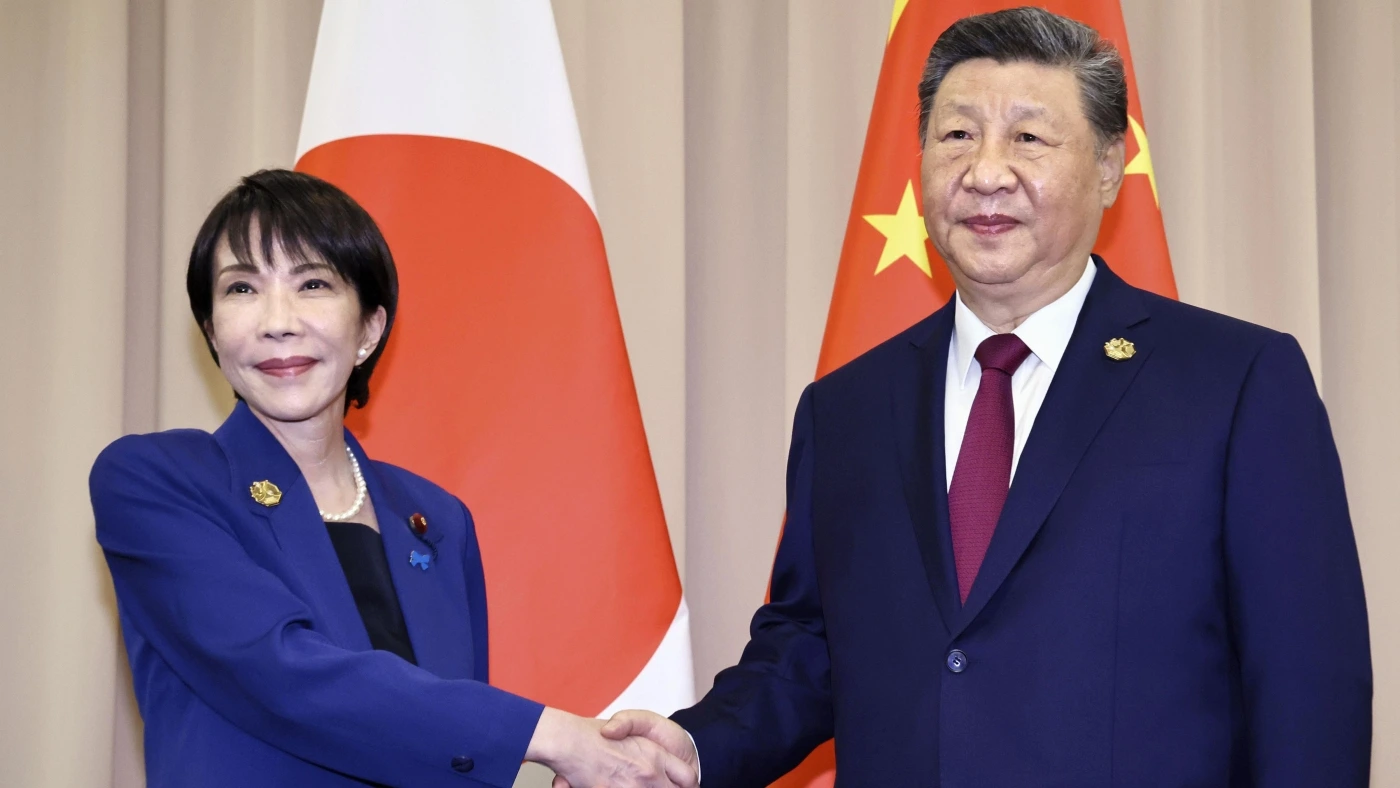China says Japan sent shocking wrong signal on Taiwan after Beijing accused Tokyo’s leader of encouraging what it views as foreign military involvement on the island.
The unusually sharp rebuke came from Chinese Foreign Minister Wang Yi on Sunday, who warned that Japan was approaching “a red line that must not be touched,” according to an official readout.
The remarks add new strain to already fragile relations between the two major Asian powers. Beijing’s reaction followed recent comments by Japanese Prime Minister Fumio Kishida, who suggested Japan and its partners must be prepared for “security contingencies” involving Taiwan.
While Kishida did not outline specific plans, Chinese officials interpreted the statement as a signal of potential Japanese military coordination with the United States in a Taiwan conflict.
China says Japan sent shocking wrong signal on Taiwan at a moment when regional security is under intense scrutiny. Beijing considers Taiwan a breakaway province and has vowed to take control, by force if necessary.
Japan, meanwhile, has grown increasingly vocal about the island’s security, arguing that instability in the Taiwan Strait would directly affect Japan’s defense.
“Any attempt to interfere in the Taiwan question constitutes a direct challenge to China’s core interests,” Wang said during bilateral talks in Beijing.
He added that Japan “should draw lessons from history and avoid repeating past mistakes,” a reference often used by Chinese diplomats when speaking about Japan’s wartime legacy.
Security analysts say the dispute highlights competing interpretations of regional stability. Masato Hara, a Tokyo-based foreign policy scholar, said China’s criticism reflected its sensitivity over outside involvement.
“China viewed Kishida’s comments as a signal that Japan may align more closely with the US playbook on Taiwan,” Hara said. “Even if the remarks were ambiguous, Beijing tends to react strongly to anything it sees as legitimizing Taiwan’s autonomy.”
Analysts also noted that Japan’s defense strategy has shifted significantly in recent years. Tokyo approved record defense budgets and began acquiring long range strike capabilities, citing threats from China and North Korea.
Hara said China says Japan sent shocking wrong signal on Taiwan because Beijing fears this shift could translate into more direct support for Taipei.
Lisa Montgomery, a former U.S defense official now at the Pacific Strategic Institute, said both countries are engaging in “strategic signaling” rather than preparing for imminent conflict.
“Neither China nor Japan wants a direct confrontation,” Montgomery said. “What we are seeing is rhetoric aimed at shaping each other’s calculations.”
Regional militaries have increased activities around the Taiwan Strait over the past two years. According to Taiwan’s defense ministry, Chinese aircraft entered the island’s air defense identification zone more than eight hundred times in the first half of this year.
Japan’s Self Defense Forces have also scrambled jets more frequently, responding to Chinese flights near the Okinawa region.
A recent report from Japan’s Defense Ministry highlighted that Chinese naval vessels conducted at least nine transits between the Pacific and East China Sea during the same period.
By comparison, only three such movements were recorded a decade ago. Experts said these trends underscore why China says Japan sent shocking wrong signal on Taiwan.
“The data shows a steady rise in activity and mistrust,” said Riku Tanabe, a senior researcher at the Yokosuka Security Forum. “When the numbers move like this, political signals hit harder.”
On the streets of Tokyo, reactions to the diplomatic tension were mixed. Some residents expressed concern that Japan could be drawn into a broader conflict.
“I understand why Japan wants to defend its interests, but anything related to Taiwan is very sensitive,” said Yuki Nakamura, a business owner in Shinjuku. “I hope our leaders keep dialogue open.”
In Beijing, residents said they viewed Japan’s comments as provocative. “China has always made its position clear,” said Li Chun, a university student. “When Japan talks about military involvement, it creates distrust.”
Residents in Okinawa, home to a large U.S. military presence, voiced worry about becoming a flashpoint if the situation escalates.
“People here already feel the pressure of military activity,” said Hiroshi Matsuda, a local community representative. “If China says Japan sent shocking wrong signal on Taiwan, it increases fears in our region.”
Diplomats expect both countries to maintain communication channels despite rising friction. Japan’s Foreign Ministry said it would “continue engaging China through dialogue,” though it did not directly address Wang’s criticism.
Beijing, meanwhile, said future stability depends on Japan’s “actions rather than statements.” Analysts said the coming months will test whether the rhetoric leads to policy shifts.
Some expect Japan to clarify its Taiwan stance to avoid further escalation, while others believe Tokyo will continue aligning more closely with the United States.
“Much will depend on how both sides manage expectations,” Montgomery said. “A single remark can create waves in a region already on edge.”
China says Japan sent shocking wrong signal on Taiwan at a time when regional tensions remain high and diplomatic trust is thin.
While officials on both sides stopped short of announcing new security measures, the dispute underscores how fragile the strategic environment has become.
As Beijing and Tokyo navigate their complex relationship, stability in the Taiwan Strait will remain a critical test for Asia’s two largest economies.
